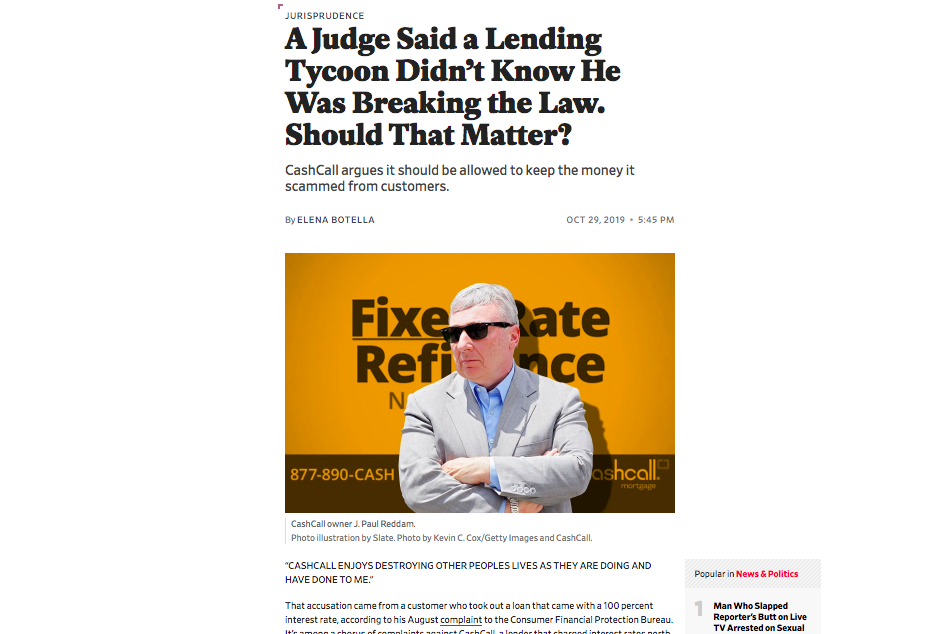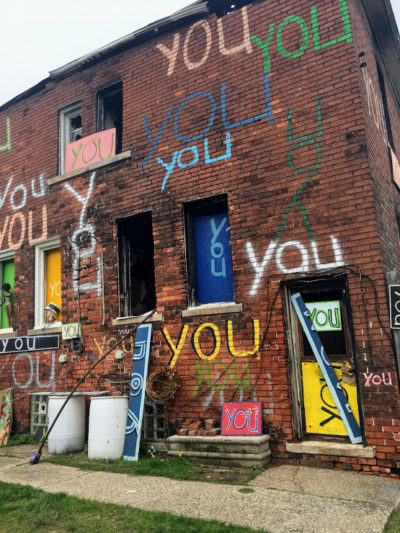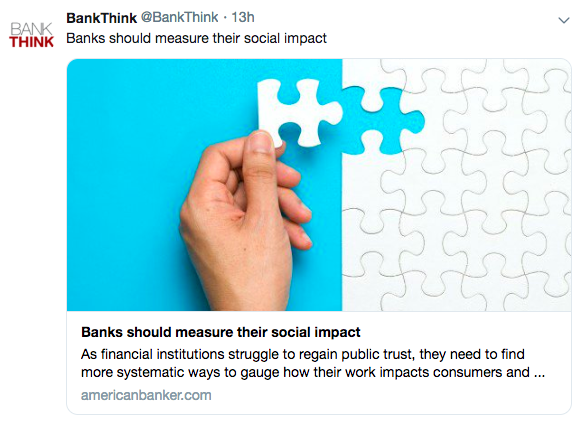For Slate, I wrote about CashCall vs. CFPB, a case where a subprime lending tycoon systematically broke laws of states like Virginia, New York, and North Carolina that make it illegal to charge sky-high interest rates. In most states with anti-usury laws, if you give out an illegal loan, the borrower isn’t obligated to pay any of the loan back: therefore, the Consumer Financial Protection Bureau argued that CashCall should have to refund all the interest it collected to consumers as restitution. CashCall argued it didn’t realize it had broken any laws (lol…), and judges seem to have found this argument persuasive.
-
-
Day 2: What is opportunity?
I’m now on Day 9 in the Twin Cities, by way of Milwaukee, Springfield, St. Louis, South Bend, Chicago, and Cleveland, but this story will talk about Day 2, Detroit. My first stop was the Heidelberg Project, an art installation where Tyree Guyton has used a city block to reflect on time, hope, and community. Guyton grew up on Heidelberg Street, and returned to it as an adult to find vacant lots and a neighborhood where poverty is deepening. Detroit is a city whose population is only 40% of what is was at its peak. There is no way you can drive around Detroit, at least the neighborhoods where I…
-
Banks should measure their social impact
In a column for the American Banker, I’ve shared my thoughts on the ‘why’ and ‘how’ of using analytics to make banks more socially responsible.


